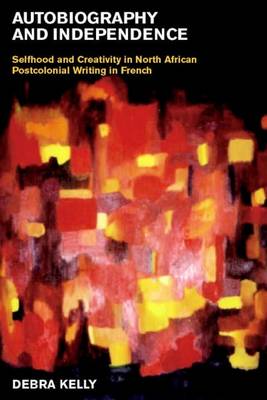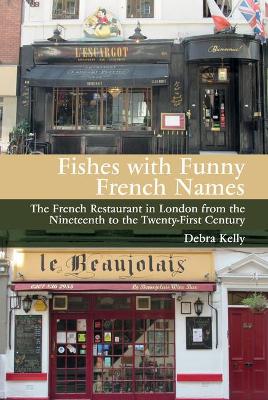Contemporary French and Francophone Cultures
2 primary works
Book 2
This book offers an in-depth study of the autobiographical writings of four twentieth-century writers from North Africa, Assia Djebar, Mouloud Feraoun, Abdelkebir Khatibi and Albert Memmi, as they explore issues of language, identity and the individual's relationship to history. The book places these writers in a clearly defined theoretical context, introducing and contextualising each of the four through the application of postcolonial studies and literary theory on autobiography linked to close textual reading of their works. Avoiding both psychoanalytical theory and approaches concerned primarily with the writer's 'testimony value', Kelly concentrates instead on the poetic and literary qualities of each author's work, dwelling on the politics and poetics of identity, as well as the ethics and aesthetics of this literature. She includes clear discussions of key terms such as 'postcolonial', 'Francophone', and 'autobiography', which current academic discourse has rendered very complex and even opaque. The book includes a fascinating photograph of two stone tablets inscribed with Punic and Numidian scripts, now held in the British Museum, which Assia Djebar writes about at length in one of the texts studied in the book.
Book 82
This book tells the story of what happens when an essentially Parisian institution travels and establishes itself in its neighbour's capital city, bringing with it French food culture and culinary practices. The arrival and evolution of the French restaurant in the British capital is a tale of culinary and cultural exchange and of continuity and change in the development of London's dining-out culture. Although the main character of this story is the French restaurant, this cultural history also necessarily engages with the people who produce, purvey, purchase and consume that food culture, in many different ways and in many different settings, in London over a period of some one hundred and fifty years. British references to France and to the French are littered with associations with food, whether it is desired, rejected, admired, loathed, envied, disdained, from the status of haute cuisine and the restaurants and chefs associated with it to contemporary concerns about food poverty and food waste, to dietary habits and the politicisation of food, and at every level in between. However, thinking about the place of the French restaurant in London restaurant and food culture over a long time span, in many and varied places and spaces in the capital, creates a more nuanced picture than that which may at first seem obvious.

